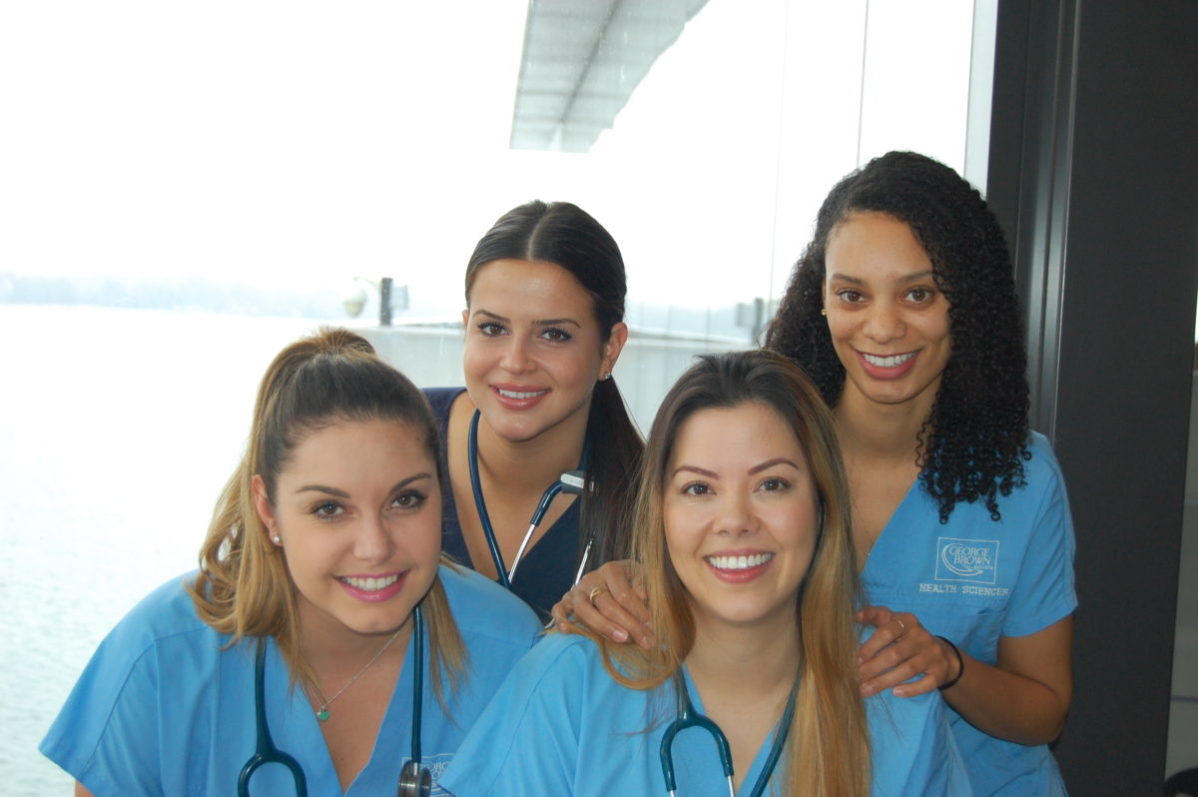George Brown nursing students to volunteer in hospitals in the city of Arusha
After graduation, many students will plan on getting a little well-earned rest and relaxation. While some students might find a beach to work on their tans, four nursing students from George Brown College (GBC) will spend two weeks of the summer of their graduation volunteering in hospitals in Tanzania.
For these students, it’s an opportunity of a lifetime to work with children in Arusha, where many of whom live with HIV.
“Especially in a country where the people don’t have access to healthcare like we do, it’s so important to help (Tanzanian children) at a young age,” nursing student Megan McLenon explained.“When parents see somebody passionate about caring for their children, it gives them hope.”
McLenon said she found her passion for healthcare while working as an assistant to a family doctor in Oakville. Coming from a large family, she is passionate about working with children.
According to UNAIDS, a joint United Nations program on HIV/AIDS, approximately 1.4 million people in Tanzania were living with HIV in 2015, around 91,000 of which were children under the age of 14.
“I’m learning from my placement that being sad isn’t going to help them,” said Giuliana Fufaro. “It’s about separating emotions.”
Fufaro is doing her clinical placement at Toronto General Hospital.
The trip is hosted by International Volunteer Headquarters (IVHQ), and includes placements in paediatric clinics and maternity wards.
IVHQ, founded in 2007 by Dan Radcliffe, is a travel company based in New Zealand, which provides volunteers with quality and affordable opportunities abroad to support struggling communities.
“Volunteers generally shadow local doctors and provide basic patient care,” said Will McBride, program manager of IVHQ.
McBride explained that volunteers must comply with these procedures, as it is part of Tanzania’s healthcare system.
They can work up to five hours a day and assist doctors with administering medications, but their role is mostly observational.
“My biggest challenge would probably be encountering skills I have learned yet,” said Vittoria Pietrantonio.
Pietrantonio said she took on the project to challenge her own limits. She explained that she hopes to make a difference, while she learns about the culture.
“I’m honestly scared about culture shock,” McLenon said. “But, at the end of the day, cultural competency applies to the practice of nursing.”
McBride said learning the local language, Swahili, is important prior to the placement. Many of the locals never learned English growing up.
“One of our biggest subjects is communication, and being able to teach, to guide and to talk to your patient,” explained McLenon. “We can’t just talk to them unless we know the language.”
The 2014 Tanzanian Ministry of Health report stated that one in five new HIV infections are passed maternally.
“Even if it’s the smallest difference, like seeing smiles on their faces or saving somebody’s life, would make me feel better,” Fufaro explained.
Fufaro realized her love for nursing after an impactful experience she had with a nurse from postoperative care; the division she plans to work in.
The group has already around $680 US to register for the trip. McLenon set up a GoFundMe page to fund for additional costs such as work visas, insurance and flights, which are not covered by IVHQ.
It’s the first time the aspiring nurses are going to Tanzania, and they’re hoping to make a difference.
“It’s going to be a humbling experience for us before we do our licensing exams,” said Jessica Locke. They depart for Arusha in April and begin their work on May 1.


